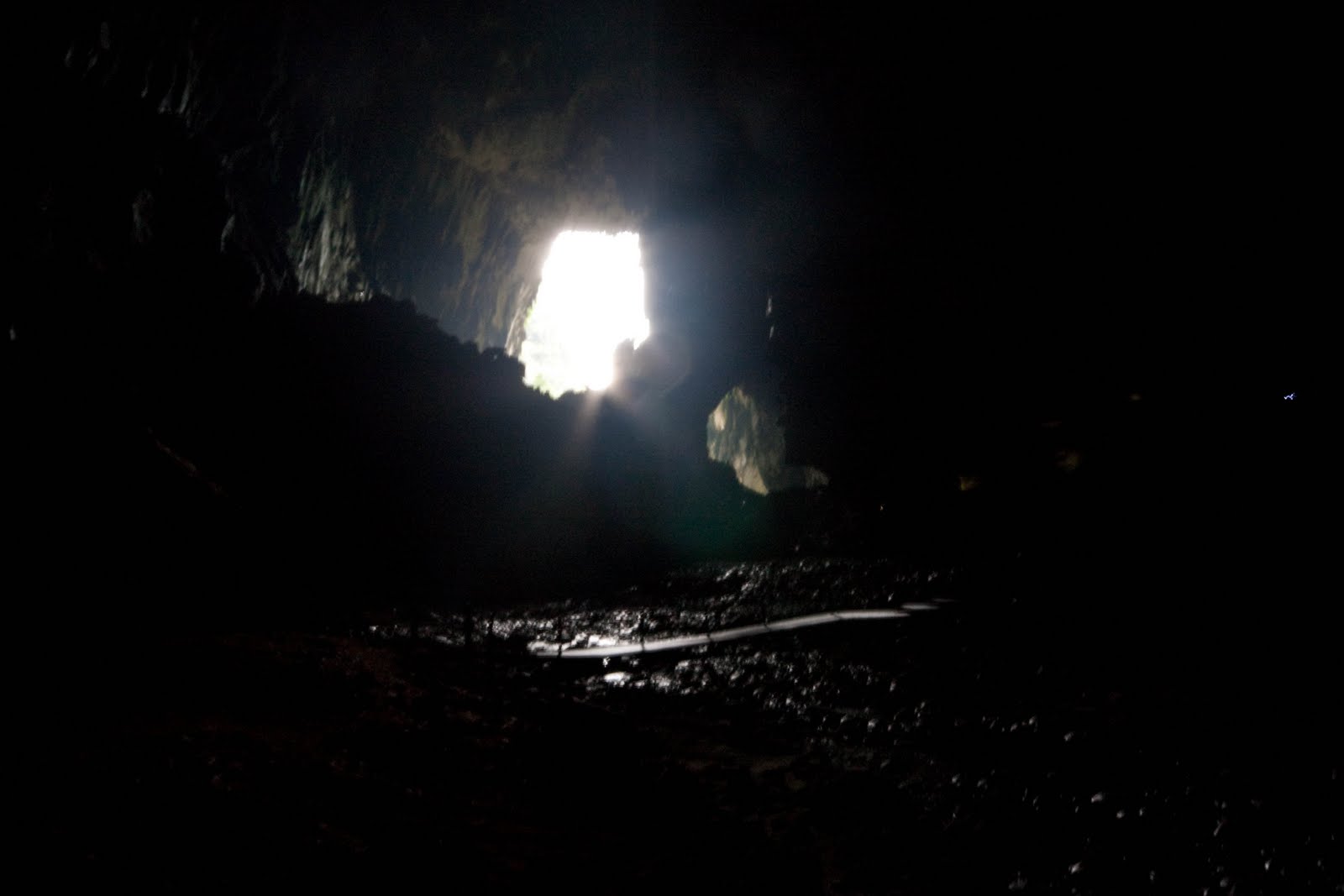Socrates and the Importance of Skepticism in the Modern World
It has never been more important to question what is happening in today’s society; the news, entertainment, commercials, and the advent of A.I. is propelling us towards a world where people will believe almost anything easily and readily
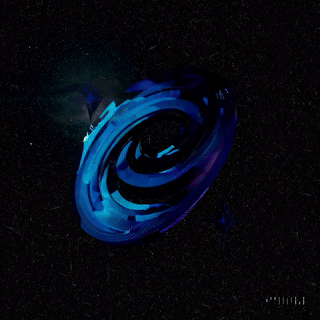
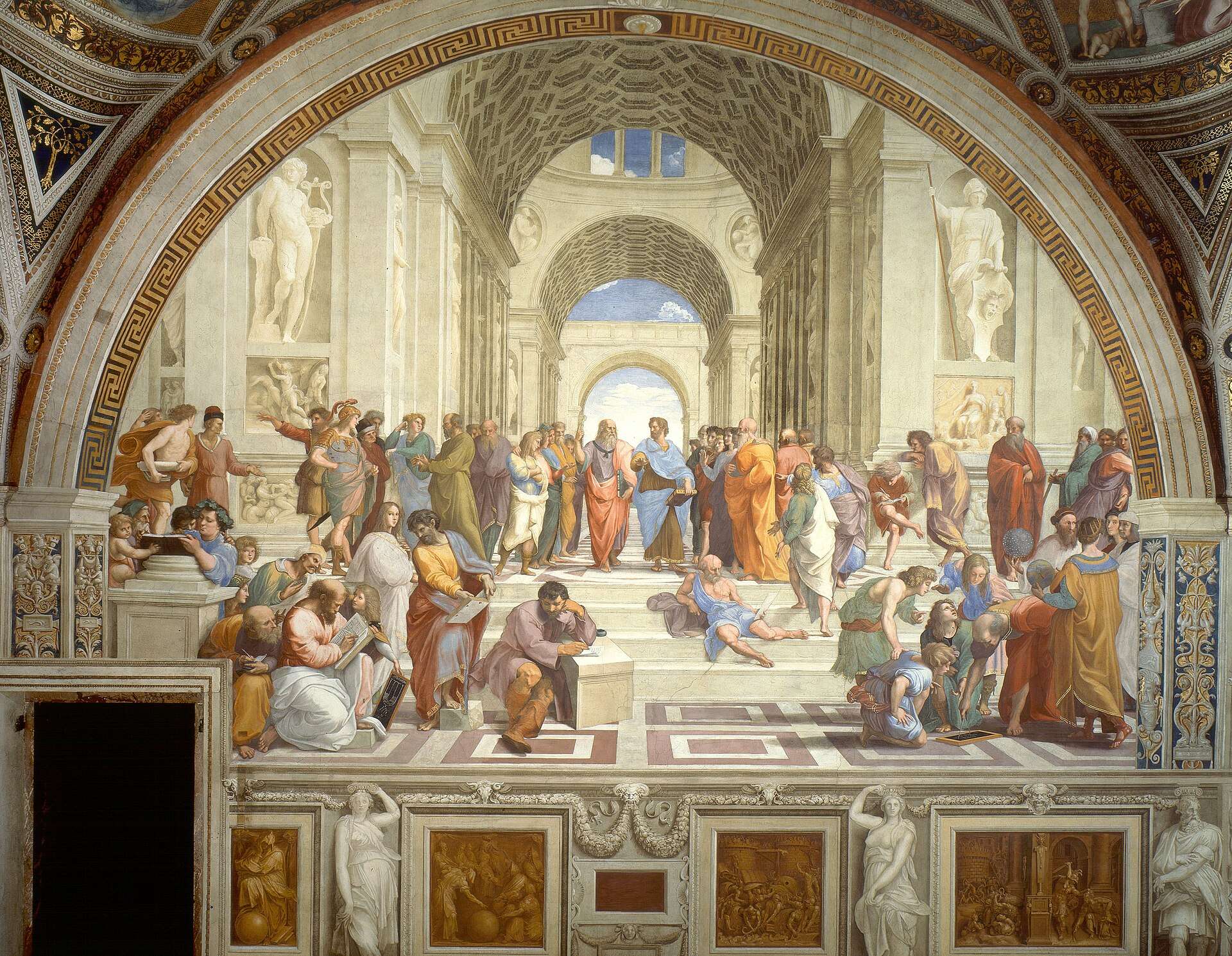

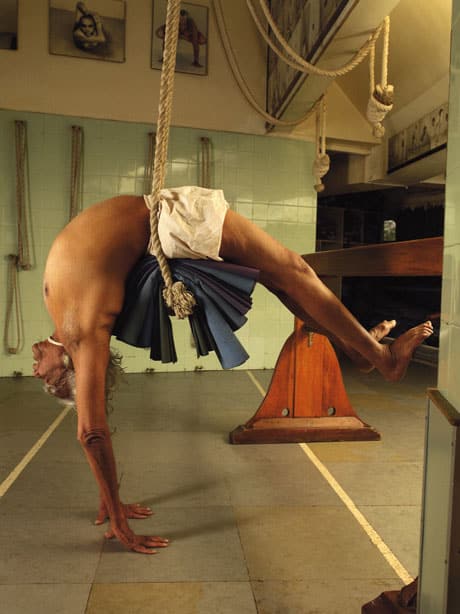

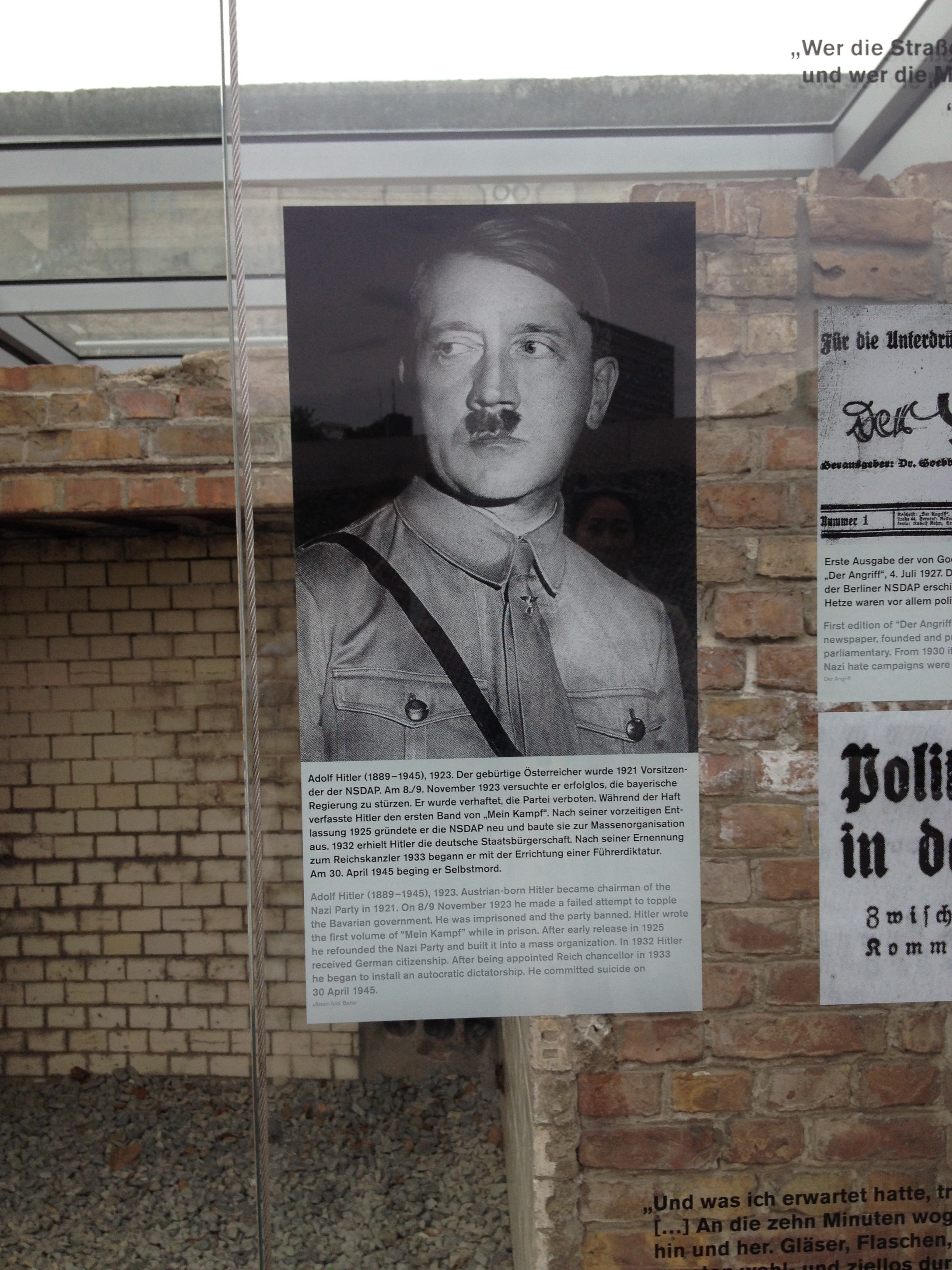
!["Rough diamond" by Unknown USGS employee - Original source: USGS "Minerals in Your World" website. Direct image link: [1]. Licensed under Public Domain via Wikimedia Commons - http://commons.wikimedia.org/wiki/File:Rough_diamond.jpg#/media/File:Rough_diamond.jpg](https://elliottelford.com/wp-content/uploads/2015/05/Rough_diamond.jpg)
